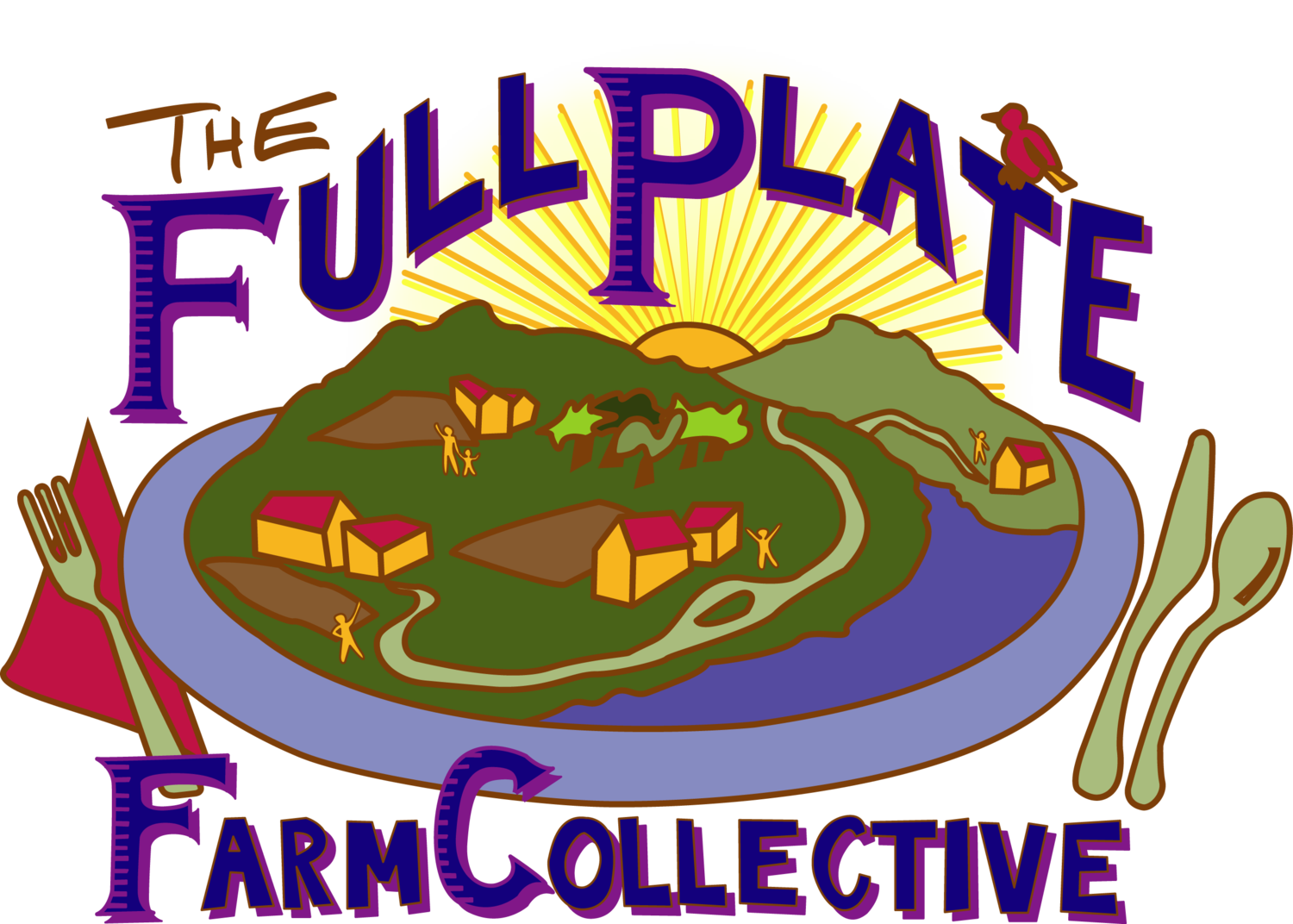
farming for a resilient community and a sustainable planet
what is a CSA?
CSA is Community Supported Agriculture
A CSA is a partnership between a local farm (or in this case, group of farms) and members of the surrounding community
the farm pledges to grow food for the community and the community pledges to support the farm
In the late winter, members buy a share of the harvest. The farmers then use this money for seeds, greenhouse expenses, equipment, labor, etc. In return, members receive a weekly share of of healthful, vibrant food, as fresh as it gets throughout the growing season!
it benefits everyone involved!
CSAs support sustainable land management, a shrinking carbon footprint, and communities that can nourish themselves.
A community is formed by the members of a CSA and the farmers who produce their food.
It gives the farmers a sure market and a gauge to produce by, minimizing losses and ensuring the success of the farm.
The CSA model has many different variations. The Full Plate Farm Collective CSA provides 800 summer and 400 winter shares to households in the Ithaca area, feeding members up to 9 months year. Members can decide to custom pack their own share or have a boxed assortment delivered weekly. When you buy a share each of our core farms receives ‘seed’ money, and we make commitments to neighboring farms to buy bulk produce throughout the season.
Organic Farming
Organic farming is growing food without the use of synthetic pesticides, herbicides, insecticides, fertilizers or genetically modified organisms (GMO’s). It is important for the health of both the land and our bodies.
Organic farmers use natural pest and disease control methods which demand that the farmer be watchful, creative and informed. The farmers are always looking ahead, asking what the effects of their actions are going to be on the future. Some of the methods organic farmers use are crop rotation, compost and other natural fertilizers, companion planting, and cover cropping to create and maintain nutrient rich soil.
All Full Plate veggies are organic!
You might see hole or two on your collard leaf where a cabbage worm passed through, or a friend that tagged along through harvest. and each head of lettuce may look different from the next, but you’ll know you are safe from toxins and carcinogens, that your vegetables are packed with nutrients, and that the person growing your food is paying attention to the land, your food and the future.
Heirloom Varieties
Biological diversity is the key to sustained life. Unfortunately, in the past century the variety of vegetables produced has vastly diminished. One way that organic farmers work with & for the Earth is to preserve the natural diversity of plants by preserving and growing heirloom varieties.
It has gotten so bad that we think tomatoes look like one certain round, evenly red variety pictured everywhere. In fact, there are more varieties of tomato than you can count on fingers and toes. There are golden pear shaped tomatoes, hollow tomatoes, striped, tomatoes, tomatoes that are green when they are ripe…… the list goes on, and that's just one crop!
With a Full Plate share, you have an exciting year of trying a wide variety of greens, tomatoes, cucumbers, and more ahead of you!
Biodynamic Farming
Biodynamic agriculture is a holistic method of farming with the goal of producing food that nourishes the body and mind. While the principles of organic farming are included in biodynamic agriculture, its breadth and depth exceed that of organics.
Biodynamic farming practices strive to balance the overall health of the farm in order to produce the very highest quality food. The presence of both animals and crops is an essential feature of biodynamic agriculture, the animals enrich the soils and the plants nourish the animals. Ultimately, the food produced in this way has a vitality that supports human health and development in an un-paralleled way.
Biodynamic farming began in the 1920s. It was spurred by a group of farmers who perceived a widespread and marked decline in animal health and soil fertility, beginning with the advent of man-made fertilizers. They sought the advice of Rudolf Steiner (1861-1925), the prolific thinker, lecturer and writer who also developed Waldorf Education and Anthroposophy, among other disciplines. The practices range from the straight forward – such as the specifics of mixing compost - to the more esoteric - burying cow horns packed with a manure mixture for use as a homeopathic spray promoting soil health, but they all share a common goal of cultivating a healthy farm ecosystem and community of veggie lovers.
Remembrance Farm uses biodynamic methods because they are drawn to the nourishment and results of biodynamics.
Remembrance Farm raises cows because animals are integral to life and thus to the farm. Dairy & meat products from these operations are also made available to Full Plate members!



